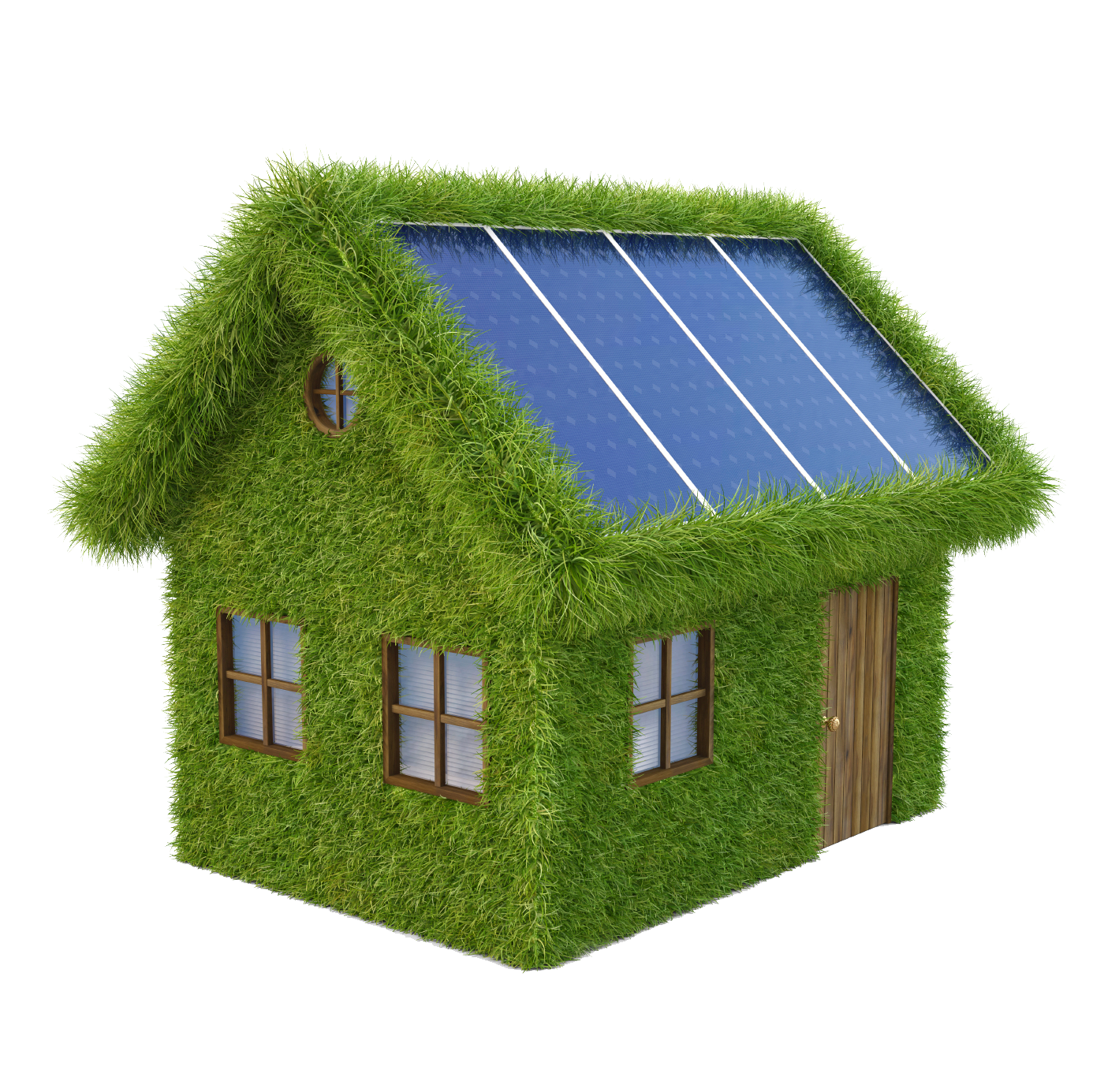services
address
- Info@generationalenergy.com
- phone:+1 866 765 2797
- FAX: +1 866 869 3609
- 618 Ridgewood Ave
holly hill, fl. 32117
Educating our Future Generation

What Can I Teach My Young Child About the Environment?
When should environmental education begin - in the third grade? First grade? Kindergarten? The answer is -- even earlier. Environmental education based on life experiences should begin during the very earliest years of life. Such experiences play a critical role in shaping lifelong attitudes, values, and patterns of behavior toward natural environments.
Because young children learn about the environment by interacting with it, educators and other adults must attend to the frequency, nature, and quality of child-environment interactions during the early years. Many young children have limited opportunities for these experiences. In fact, regardless of where they live, young children spend most of their time in settings or doing activities that keep them essentially isolated from the natural world.
Recreation tends to be indoors (such as watching TV); transportation tends to be by car or other motor vehicle rather than walking; and day care programs -- where many children spend most of their waking hours -- tend to be oriented more toward the classroom than the outdoors. The result is that many young children are at risk of never developing positive attitudes and feelings toward the natural environment or never achieving a healthy degree of familiarity with their environment. Attention to environmental education at the early childhood level is a partial antidote to this concern.
Why Should My Child Learn About the Environment So Early?
The rationale for environmental education during the early childhood years is based on two major premises. First, children must develop a sense of respect and caring for the natural environment during their first few years of life or be at risk for never developing such attitudes. Second, positive interactions with the natural environment are an important part of healthy child development, and these interactions enhance learning and the quality of life over the span of one's lifetime.
Children who are close to nature relate to it as a source of wonder, joy, and awe. Wonder -- rather than books, words, or learning all the facts -- provides the direction and impetus for environmental education in early childhood. Environmental education during the early years should be based on this sense of wonder and the joy of discovery.
How Can I Get Started?
The following guidelines can be used as a framework for developing and implementing an environmental education program for preschool children. Begin with simple experiences. Young children learn best through experiences that relate to what is already familiar and comfortable. Thus, the best place to start is in an environment similar to what they already know. For example, focus on a single tree in a backyard or playground before venturing into a heavily wooded area.
Provide frequent positive experiences outdoors. Because children learn best through direct, concrete experiences, they need to be immersed in the outdoor environment to learn about it. Optimally, the exposure should be provided on an almost daily basis. A one-time trip to a park or nature preserve will have very limited impact on young children. Provide ongoing, simple experiences with the grass, trees, and insects in environments close to home or school rather than spending time and energy arranging for day trips to unfamiliar places your child may seldom visit.In addition to investigating the elements of the natural world already present in an outdoor setting, you can use many different strategies to transform a typical playground into an environmental yard. Start by adding bird feeders, wind socks, flower and vegetable gardens, tree houses, rock piles, and logs.
Then, provide your child with tools for experimenting and investigating (for example, a magnifying glass, water hose and bucket, hoe, rake). Focus on "experiencing" rather than "teaching." Because young children learn through discovery and self-initiated activities, an adult should serve more as a facilitator than a teacher. Learning among young children requires active involvement -- hands-on manipulation, sensory engagement, and self-initiated explorations.
Young children should not be expected to "watch and listen" for any length of time, nor should they be expected to always follow your lead or agenda. Focus on what children find of interest rather than competing for attention through adult-selected activities and materials.
Demonstrate a personal interest in and enjoyment of the natural world. Your expressions of interest in and enjoyment of the natural world are critical to your child's interest in the environment. Your own sense of wonder, more than your scientific knowledge, will ignite and sustain a child's love of nature. Therefore, even parents with a minimal background in science should not be intimidated by the thought of implementing an environmental education program for young children. Feelings are more important than facts when introducing young children to the world of nature.
Model caring and respect for the natural environment. Parents should model caring and respect for the world of nature. Talking to children about taking care of the Earth is far less effective than demonstrating simple ways of expressing care. Care and respect can be modeled by gently handling plants and animals in the classroom, establishing or maintaining outdoor habitats for wildlife, properly disposing of trash, and recycling or reusing as many materials as possible.
Young children often develop an emotional attachment to what is familiar and comfortable to them. If they are to develop a sense of connectedness with the natural world, they need frequent positive experiences with the outdoors. Providing opportunities for such experiences and sharing them with young children is the essence of environmental education. Environmental education for the early years focuses primarily on young children exploring and enjoying the world of nature under the guidance and with the companionship of caring adults.
